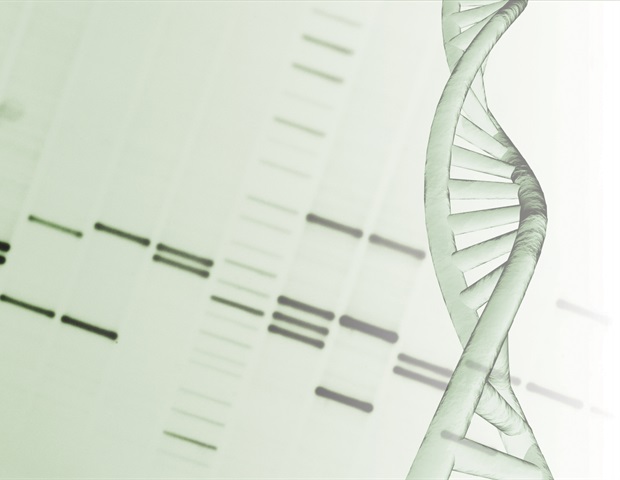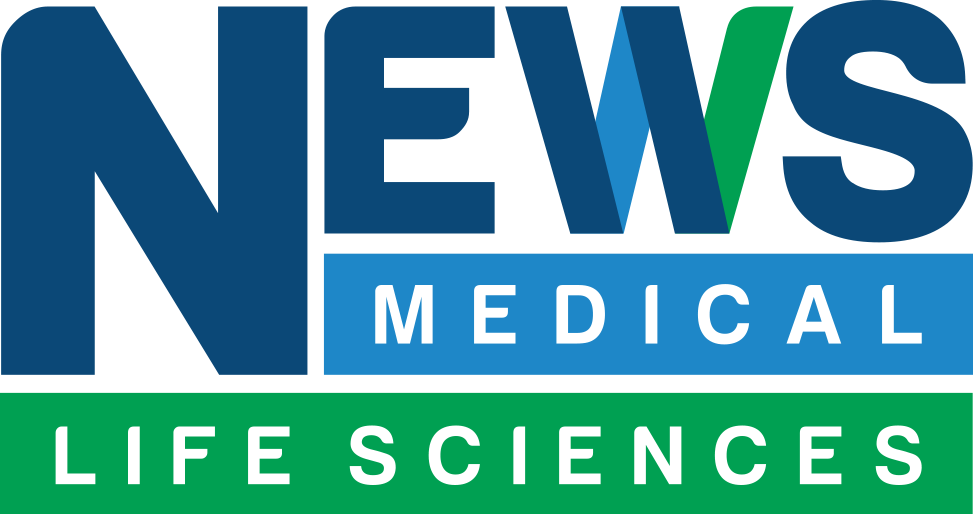Despite scientific evidence, many still avoid eggs due to old cholesterol fears—can education change public perception?
 Study: Egg Consumption: Trends Over 48 Years, Patterns Across the Lifespan, and Predictors of Intake. Image Credit: virtu studio / Shutterstock
Study: Egg Consumption: Trends Over 48 Years, Patterns Across the Lifespan, and Predictors of Intake. Image Credit: virtu studio / Shutterstock
In a recent study published in the journal Nutrients, researchers at the University of California San Diego examined the long-term trends, patterns, and determinants of egg consumption over 48 years, identifying barriers that still affect intake.
Background
Eggs are a staple food rich in high-quality protein, essential vitamins, and nutrients, including choline and lutein, which benefit brain and eye health. Despite their nutritional advantages, egg consumption has been controversial due to concerns about dietary cholesterol and its potential link to cardiovascular disease (CVD).
Historically, dietary guidelines limited cholesterol intake to under 300 mg/day, reducing egg consumption significantly. However, recent research suggests that dietary cholesterol has minimal impact on serum cholesterol for most individuals, leading to the removal of cholesterol restrictions in United States (U.S.) dietary guidelines in 2015. Nevertheless, outdated perceptions continue to shape dietary choices, limiting the consumption of eggs despite their proven health benefits. Further research is needed to understand how past guidelines still influence dietary behaviors and how they can be corrected.
About the Study
Data for this study were collected from participants in the Rancho Bernardo Study, a longitudinal cohort study on heart disease risk factors. The initial sample included 6,326 men and women enrolled between 1972 and 1974, who reported their weekly egg consumption through self-administered surveys. Follow-up assessments were conducted during clinical visits in 1988-1991 (n=1,627), 1992-1996 (n=1,385), and a mailed survey in 2021 (n=710), where perceived barriers to egg intake were also assessed.
The 1972–1974 survey used an open-ended question to measure egg intake, while the later assessments employed the Willett Food Frequency Questionnaire (FFQ), which provided categorical responses. For consistency, FFQ responses were harmonized with the original open-ended format by converting response categories into weekly intake estimates.
Demographic and health-related variables such as age, sex, education level, diabetes status, and cholesterol levels were collected at all time points. Statistical analyses included independent t-tests to compare egg consumption between men and women, signed rank tests for within-individual comparisons over time, and multiple linear regression to identify predictors of egg intake. Additionally, a multiple-response analysis was conducted to account for participants who cited more than one reason for limiting egg consumption.
Study Results
Over the 48-year period, egg consumption fluctuated in response to changing dietary guidelines. In 1972-1974, participants consumed an average of 3.6 eggs per week. By 1988-1991, this number had decreased to 1.8 eggs per week, reflecting the widespread adoption of cholesterol-restrictive dietary recommendations. This lower intake persisted in 1992-1996 but increased to 3.4 eggs per week in 2021, nearly returning to baseline levels.
Men consistently consumed more eggs than women at all time points. For example, from 1972 to 1974, men consumed an average of 4.1 eggs per week, compared to 3.2 eggs for women. This trend continued throughout the study period, with statistically significant differences observed each time. Despite these sex differences, egg consumption patterns within the same age groups remained stable over time, suggesting that individuals tend to maintain their early-life dietary habits into later years.
Regression analysis revealed that in 1972-1974, individuals with high cholesterol and those taking cholesterol-lowering medication consumed significantly fewer eggs per week. However, by 2021, these associations had disappeared, indicating that awareness of updated dietary guidelines had increased. Education level was positively associated with egg intake in the early years but had no significant impact in 2021.
Regarding perceived barriers to egg consumption, 22.1% of respondents in 2021 reported intentionally limiting their intake. While 10.2% cited the cholesterol content of eggs, a larger proportion (25.5%) mentioned multiple reasons, including doctors’ recommendations due to their high cholesterol levels. A smaller proportion (6.4%) limited intake due to personal taste preferences, and only 1.3% avoided eggs due to allergies. These findings suggest that outdated dietary advice still influences consumer behavior despite changes in official recommendations.
Sensitivity analyses indicated that individuals who did not participate in the 2021 survey were more likely to be male, younger, and have lower educational attainment at baseline. They also had higher rates of diabetes, high cholesterol, and cholesterol-lowering medication use but reported slightly lower egg consumption at enrollment. This suggests potential survivor bias, meaning that the 2021 responses may not fully represent the broader population trends.
Conclusions
To summarize, this study provides a comprehensive analysis of egg consumption trends over nearly five decades, demonstrating the significant influence of dietary guidelines on consumer behavior. While egg intake declined in response to cholesterol-restrictive recommendations, it rebounded after these guidelines were abandoned, suggesting that public perceptions gradually adjust to scientific evidence. However, lingering misconceptions about dietary cholesterol continue to deter a segment of the population from consuming eggs, particularly those with high cholesterol who received outdated medical advice.
Additionally, because the study only measured whole egg consumption and did not include eggs consumed in mixed dishes, overall intake may be underestimated. Given the nutritional benefits of eggs, targeted public health campaigns and education for healthcare professionals are necessary to correct misconceptions and promote informed dietary choices.
Journal reference:
- Kritz-Silverstein D, Bettencourt R. Egg Consumption: Trends Over 48 Years, Patterns Across the Lifespan, and Predictors of Intake. Nutrients. (2025), DOI: 10.3390/nu17030533, https://www.mdpi.com/2072-6643/17/3/533

 4 days ago
20
4 days ago
20


_6e98296023b34dfabc133638c1ef5d32-620x480.jpg)












.png)

.png)
.png)
.png)













 English (US) ·
English (US) ·  Hindi (IN) ·
Hindi (IN) ·